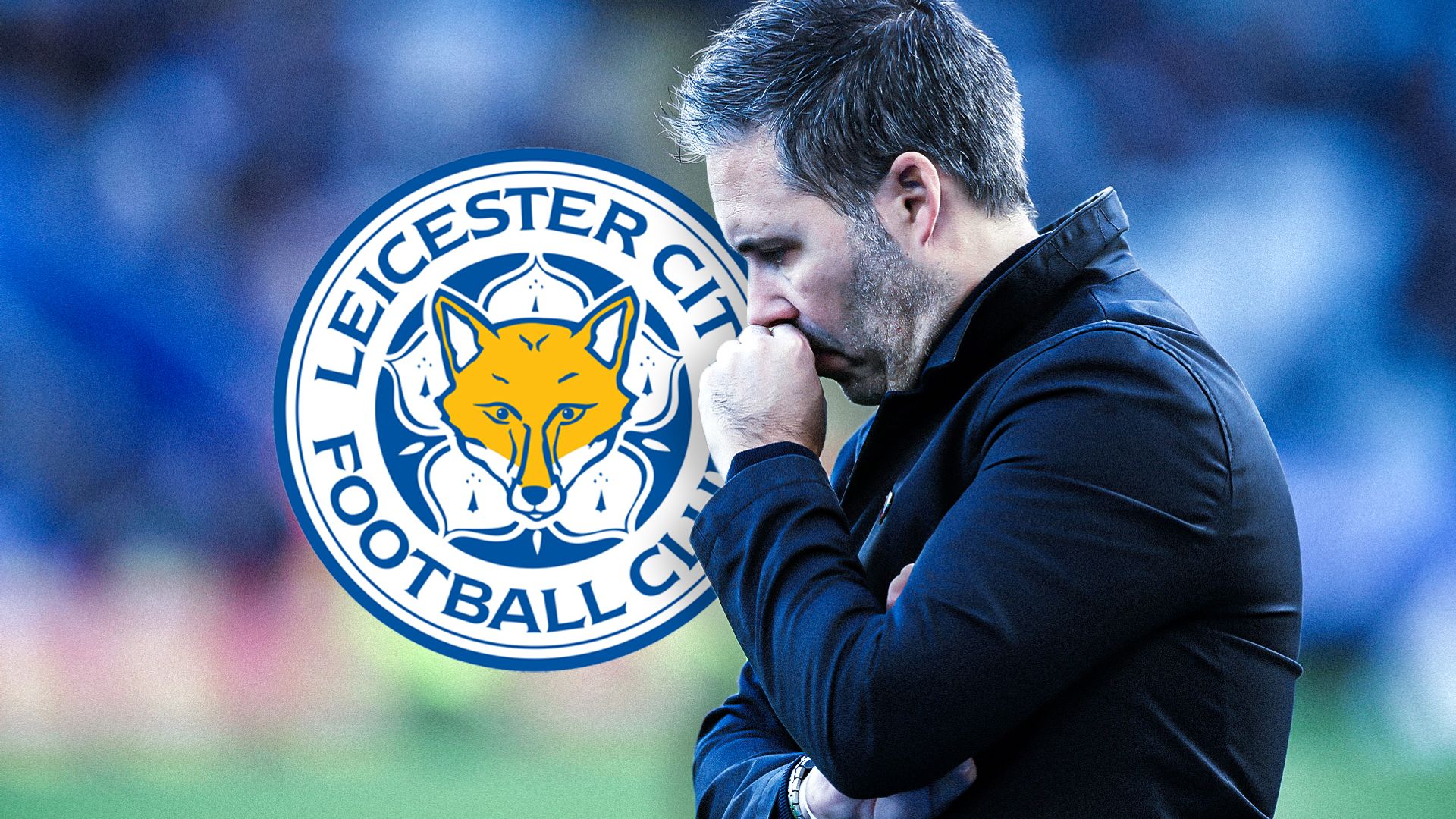Gstaad’s Triumph in the Breeders’ Cup Juvenile Turf: Aidan O’Brien’s Victory Marks a New Era of Dominance, But at What Cost to the Integrity of the Sport?
In a stunning display of resilience and talent, Gstaad overcame a poor start from a wide draw to clinch victory in the Breeders’ Cup Juvenile Turf. This triumph not only showcased the horse’s remarkable ability but also propelled trainer Aidan O’Brien to the pinnacle of the championships’ all-time winners list. The significance of this win extends beyond the racetrack, raising questions about the future of horse racing and the implications of such dominance by a single trainer.
Aidan O’Brien’s career in horse racing is nothing short of extraordinary. Since he began training in the late 1990s, O’Brien has consistently produced some of the finest thoroughbreds in the world. His training facility at Ballydoyle in Ireland has become synonymous with excellence, producing numerous champions across various distances and surfaces. With Gstaad’s victory, O’Brien has solidified his status as a legend in the sport, surpassing previous records and setting new benchmarks for future trainers.
However, O’Brien’s dominance has sparked a heated debate within the horse racing community. Critics argue that the concentration of success among a few elite trainers can undermine the competitive spirit of the sport. The narrative of a single trainer consistently producing winners raises concerns about the diversity of competition and the potential for a homogenized racing landscape. In a sport that thrives on unpredictability and the underdog story, the emergence of a dominant figure can be seen as a double-edged sword.
The Breeders’ Cup Juvenile Turf, a prestigious race that showcases the best young talent in thoroughbred racing, serves as a platform for emerging stars. Gstaad’s victory is a testament to the horse’s potential and the skill of O’Brien as a trainer. Yet, the implications of such a win extend beyond the immediate celebration. It brings to light the broader issues of training methods, breeding practices, and the ethics of horse racing.
In recent years, horse racing has faced scrutiny over its treatment of equine athletes. The industry has been challenged to address concerns regarding the welfare of horses, the use of performance-enhancing drugs, and the transparency of training practices. O’Brien’s success, while celebrated, also raises questions about the lengths to which trainers may go to achieve victory. The pressure to win can lead to ethical dilemmas, and the spotlight on trainers like O’Brien amplifies these concerns.
Moreover, the financial implications of O’Brien’s success cannot be overlooked. The lucrative nature of horse racing, particularly at high-profile events like the Breeders’ Cup, creates a competitive environment where the stakes are incredibly high. Owners invest significant sums in acquiring and training horses, and the potential for financial gain can drive decisions that prioritize winning over the welfare of the animals involved. This reality adds another layer of complexity to the conversation surrounding dominance in the sport.
As Gstaad crossed the finish line, the cheers of the crowd echoed through the racetrack, but the victory was met with mixed emotions among fans and industry insiders. While many celebrated O’Brien’s achievement, others lamented the potential consequences of such a concentrated success. The future of horse racing may hinge on the ability of the sport to balance the celebration of individual achievements with the need for a diverse and competitive landscape.
The legacy of Aidan O’Brien will undoubtedly be a topic of discussion for years to come. His ability to train champions is unmatched, and his impact on the sport is profound. However, as the industry continues to evolve, it must grapple with the implications of such dominance. The conversation surrounding Gstaad’s victory is not just about a single race; it is about the future of horse racing itself and the values that will define it in the years ahead.
In the wake of Gstaad’s triumph, the horse racing community is left to ponder what this means for the sport. Will it inspire a new generation of trainers and owners to challenge the status quo, or will it reinforce the existing power structures that prioritize winning above all else? The answers to these questions will shape the trajectory of horse racing as it navigates the complexities of success, ethics, and integrity in a rapidly changing landscape.




